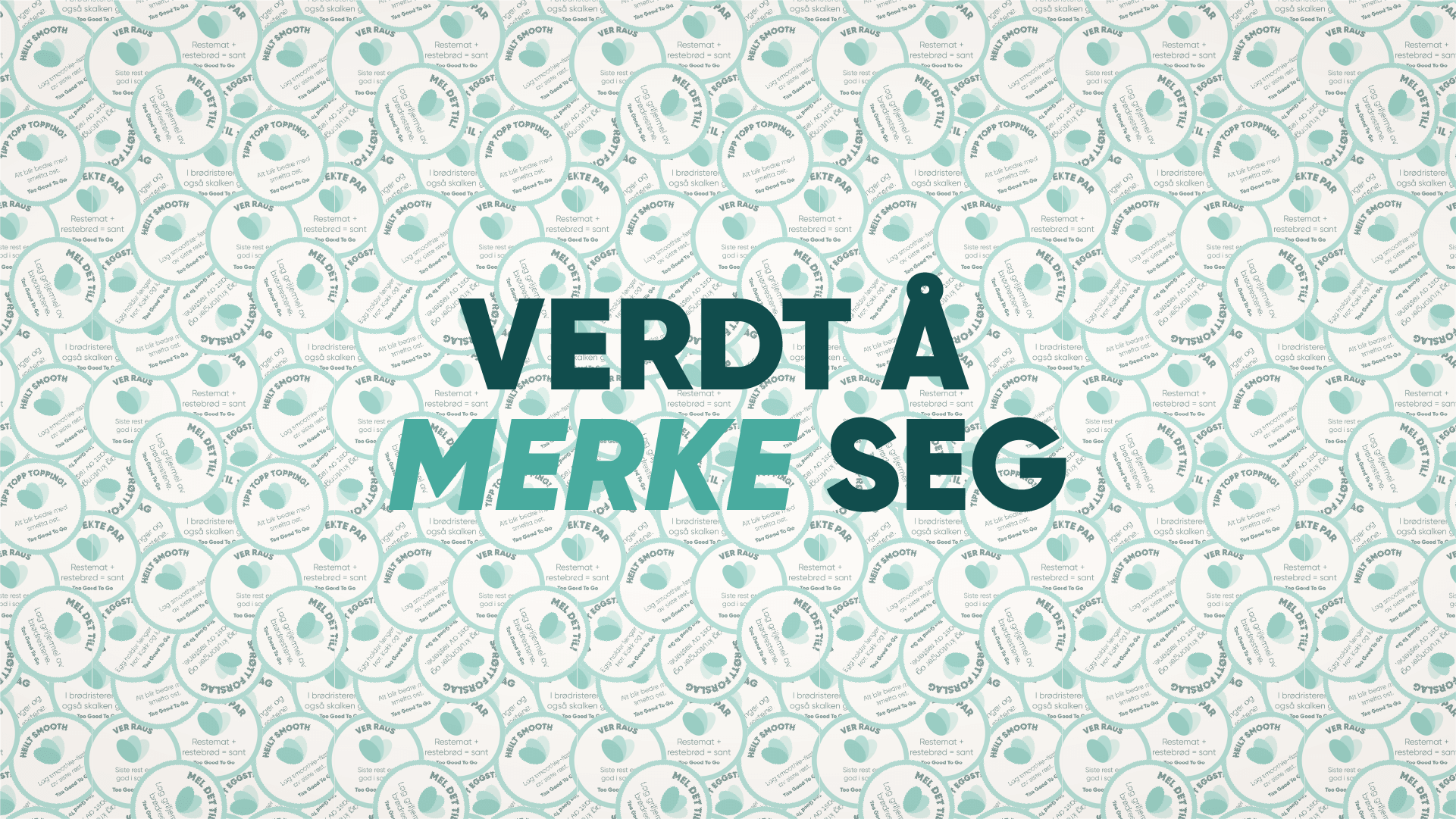Nearly half of the reported food waste in Norway occurs at home. According to the Norwegian Industry Agreement on the reduction of food waste, the food industry is required to make arrangements to encourage food waste reduction, including in homes.
Many manufacturers have already taken action, including by labeling their products with "best before, often good after", "best before, not bad after" and "look, smell, taste" – thanks to initiatives from Matvett and Spis opp matten. Based on what we have learned from this and through insight work, we have created fresh food saving tips that manufacturers can print on their packaging to inspire even more.
The first new labels are introduced with food businesses Synnøve, Bakehuset, Prior and Lerum, and in the future you will see the brands on millions of popular food products in the store.
Name of organisation : Too Good To Go
Contact email: Aaste@toogoodtogo.no
Further information: https://toogoodtogo.no/no/c/redningsoyeblikket/redningsoyeblikket
Date of publication: 2022-10-25

